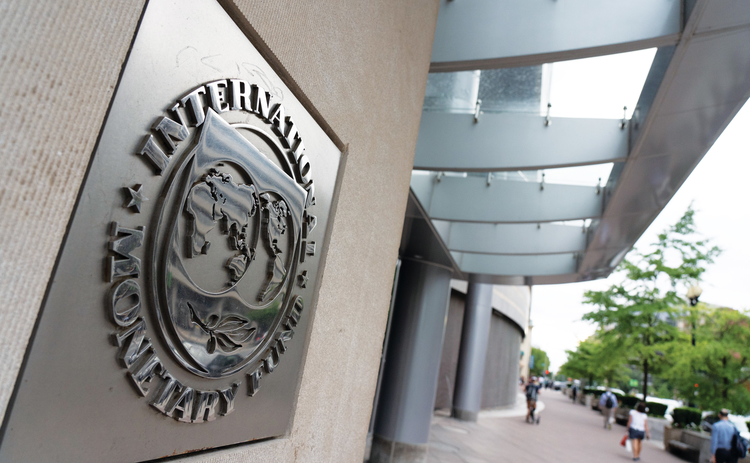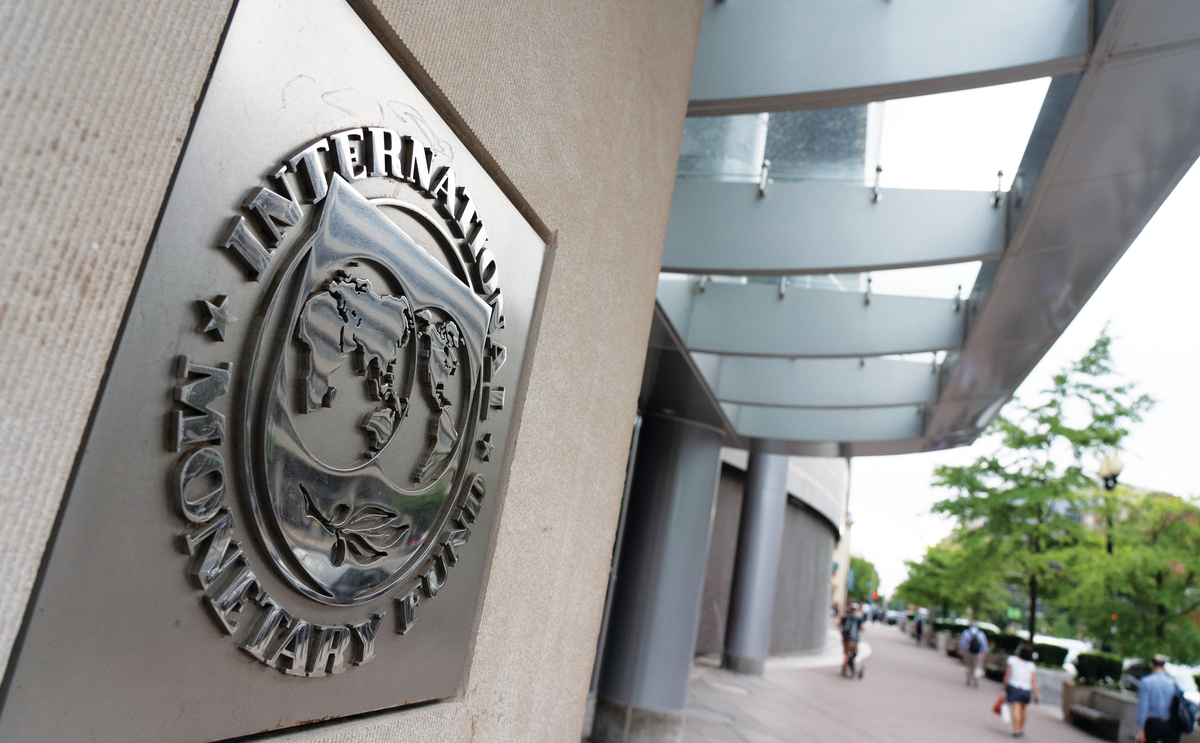The International Monetary Fund (IMF) and the government of Rwanda have reached a staff-level agreement aimed at addressing economic imbalances and bolstering climate resilience in the East African nation. The agreement includes a 14-month Stand-by Credit Facility with a total access of 125.0 percent of quota, approximately USD 262 million, to tackle balance of payment pressures arising from climate-related shocks.
Despite witnessing robust post-pandemic economic growth, Rwanda has grappled with domestic and external imbalances exacerbated by recurring droughts, severe floods in May 2023, and tightening global financing conditions, all of which have compounded the challenges stemming from the pandemic legacy.
To address these issues, the agreement underscores the importance of carefully calibrated fiscal consolidation, proactive and data-driven monetary policy, and continued exchange rate adjustments. These measures are designed to rebuild financial buffers, curb inflation, improve debt sustainability, and enhance socio-economic resilience.
Rwanda’s dedication to building climate resilience is lauded in the agreement. The accelerated implementation of climate reforms supported by the Resilience and Sustainability Facility (RSF) and the introduction of new measures reflect the country’s strong commitment to addressing climate-related challenges and mobilizing private financing for green initiatives.
A team from the IMF, led by Financial Economics Researcher Ruben Atoyan, visited Kigali from October 17th to 31st, 2023, to discuss policy priorities and reforms within the context of the second reviews of Rwanda’s Policy Coordination Instrument (PCI) and Resilience and Sustainability Facility (RSF), as well as the 2023 Article IV consultation. An Executive Board review is tentatively scheduled for December 2023, at which point Rwanda is expected to gain access to approximately USD 48.5 million under the RSF and about USD 87.5 million under the Stand-by Credit Facility.
At the conclusion of the mission, Mr. Atoyan acknowledged that Rwanda had effectively managed recent overlapping shocks but was facing intensified external and domestic imbalances. The country’s economic growth remained strong, but inflation had experienced fluctuations due to food price increases, and policy space was constrained by global financing conditions and climate-related shocks.
To address these imbalances, the agreement calls for further policy adjustments, including fiscal consolidation and exchange rate flexibility. The pace of fiscal consolidation may be adjusted to support recovery efforts in the aftermath of the floods, with an emphasis on enhancing revenue collection, rationalizing expenditures, and improving fiscal transparency.
Monetary policy is advised to remain appropriately tight, and exchange rate flexibility should continue to play a role in mitigating external pressures. While the recent tightening of monetary policy is considered appropriate, further adjustments may be necessary based on inflation and exchange rate developments.
To address balance of payment needs in the wake of flood-related reconstruction, Rwandan authorities have requested a 14-month arrangement under the Stand-by Credit Facility, with a total access of 125 percent of quota (USD 200.25 million, approximately USD 262 million). The Policy Coordination Instrument (PCI) will remain the primary policy framework to support medium-term policy objectives.
The mission also acknowledges Rwanda’s substantial progress on the climate agenda, particularly through the RSF. The government’s commitment to accelerating the implementation of climate-related measures and introducing new reforms underscores their dedication to this important agenda.
While Rwanda has made significant socio-economic progress in recent decades, the agreement recognizes the need for structural reforms to enhance resilience in areas such as healthcare, education, regional trade integration, and social protection.
The IMF expressed its support for the Rwandan government’s economic reform efforts and appreciated the cooperation and constructive discussions with the Rwandan authorities.


















